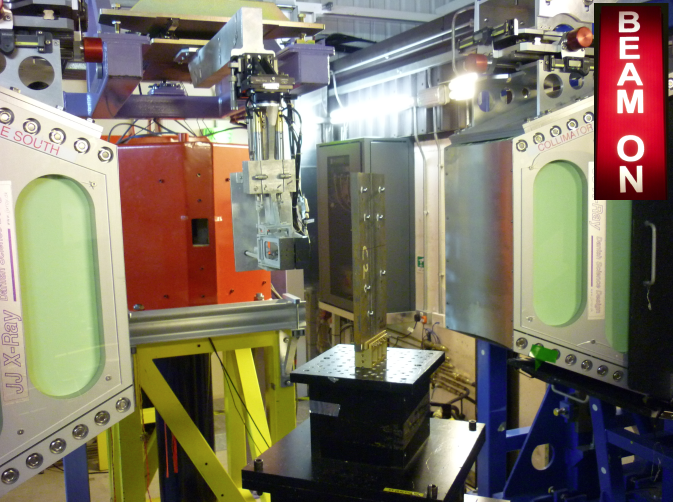

Weld filler alloys that exploit transformation plasticity through low austenite-to-martensite transformation temperatures offer an effective method of reducing residual stresses in strong, steel welds. However, in multi-pass welds the heat input from later weld passes may be insufficient to retransform prior welding passes, leading to the accumulation of thermally-induced strains and elevated residual stresses. In this work, the residual stress distributions produced around arc welds fabricated with a martensitic weld filler alloy that transforms at a low temperature, have been studied as a function of the number of passes deposited and the inter-pass temperature. It is found that when the inter-pass temperature is above the transformation temperature of the weld metal, the entire multi-pass weld transforms as a single entity, thus permitting the optimum exploitation of the transformation plasticity. In contrast, the deposition of new metal with a relatively low inter-pass temperature leads to increased residual stresses in the underlying layers, reducing or eliminating the beneficial stress states previously created.
Science and Technology of Welding and Joining 19 (2014) 44-51.
| Countour maps | Figures | FRM2 raw data | Metallography | Photographs |
| Run numbers | Stress profiles | Stress analysis | ISIS experiments (raw data) | ISIS experiments (GSAS data) |

| PT Group Home | Materials Algorithms |